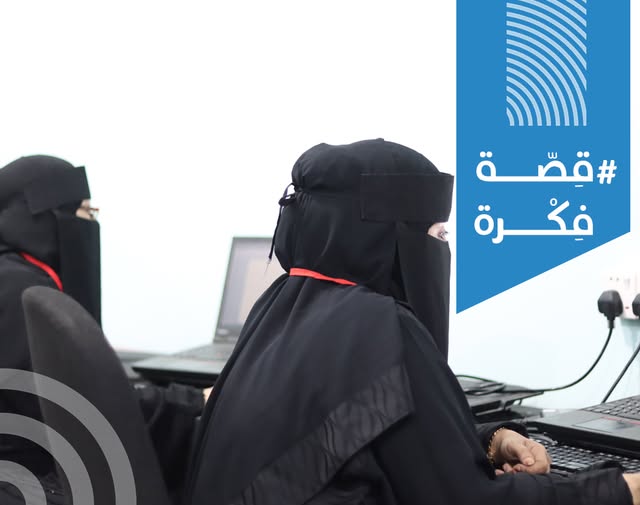The police Centers in the districts of Khormaksar and Al-Maalla in Aden Governorate faced significant challenges in documenting cases related to "men, women, and children", they suffered from a severe shortage of resources and necessary equipment, negatively impacting the ability of female archivists and investigators to perform their duties. The situation required urgent intervention to improve conditions, especially given the increasing number of cases involving "men, women, and children" that needed careful handling.
Initially, the female archivists worked in an unsuitable environment, lacking the technologies or tools necessary to effectively document gender-related cases. Cases concerning women, children, and marginalized groups such as displaced persons and those with disabilities were steadily increasing, yet there was no unified system for data collection. This situation left many cases unaddressed, exacerbating feelings of frustration within the Society.
In response, PASS Foundation - Peace for Sustainable Societies, in partnership with Yemen Support Fund -YSF and in collaboration with Aden Security Department, took serious steps to address the issue. A comprehensive needs assessment was conducted for the police centers in Khormaksar and Al-Mualla, with the primary goal of creating a conducive work environment that would enable archivists to collect and document data efficiently. This change was not just about improving the physical environment; it was a strategic step towards enhancing women's rights in society.
YSF and PASS Foundation organized training programs, equipping three archivists with computer skills and preparing them to obtain the International Computer Driving License -ICDL. Additionally, a special template for documenting gender-related cases was designed, helping them to organize data in a more systematic and logical manner. From July to September 2024, data was collected from police Centers and community committees, focusing on issues concerning women and marginalized individuals. These steps were the result of effective collaboration between civil society and security entities, leading to significant improvements in how gender-related issues were handled.
With these transformations the community began to feel hope and reassurance. Archivists became more capable of documenting cases of violence and discrimination, contributing to greater awareness of the importance of gender issues. These initiatives are expected to enhance the role of women in the security sector, paving the way for further positive changes in the future.
This story is just the beginning of a new chapter in the history of Aden Governorate, a chapter filled with hope and positive change. Thanks to these collaborative efforts, we will witness a more cohesive and united Society where all individuals enjoy justice and equality.







